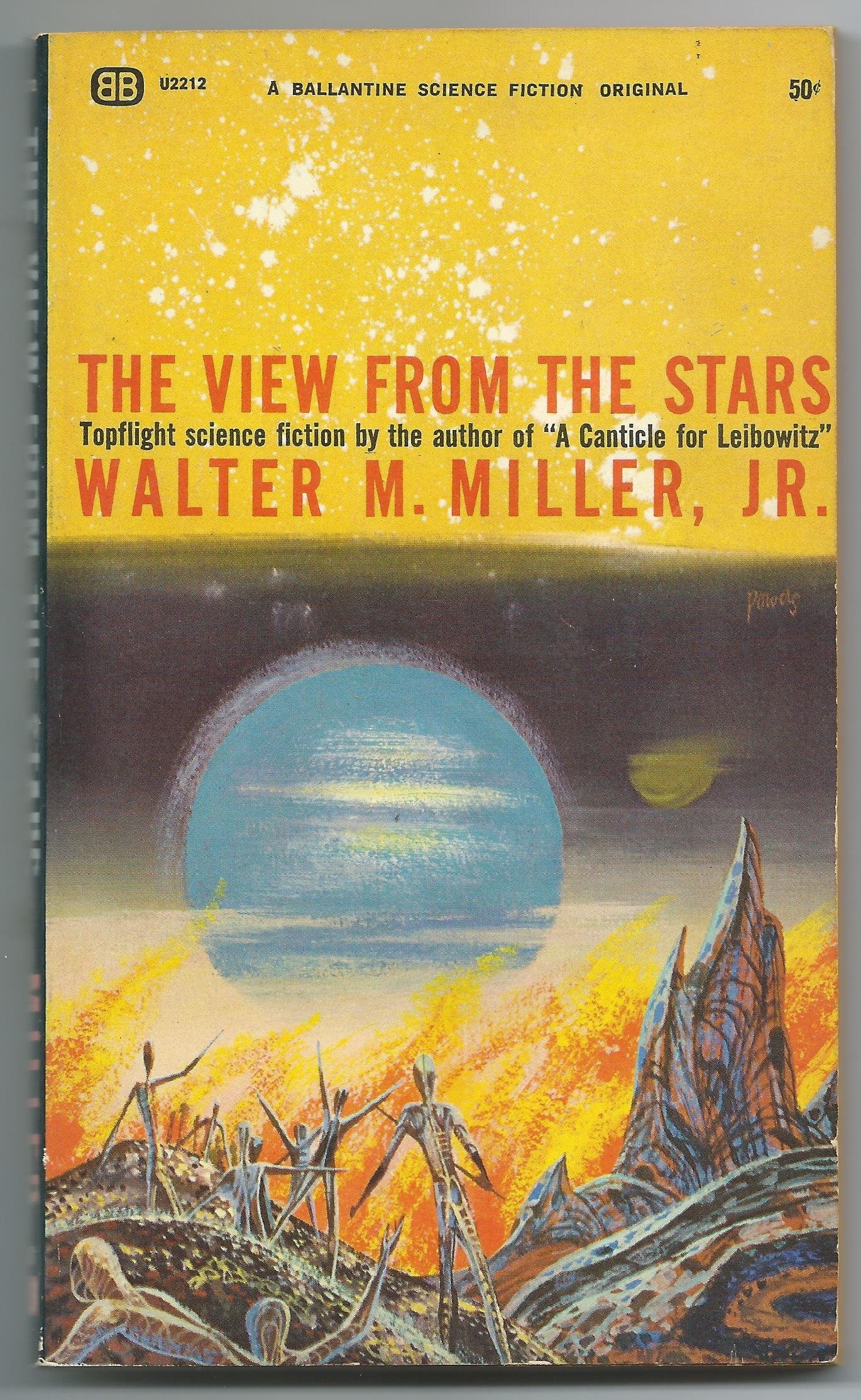What do you think?
Rate this book


Mass Market Paperback
First published January 1, 1965
There is a difference between tragedy and blind brutal calamity. Tragedy has meaning, and there is dignity in it. Tragedy stands with its shoulders stiff and proud. But there is no meaning, no dignity, no fulfillment, in the death of a child.
He knew now what Mars was -- not a ten-thousand-a-year job, not a garbage can for surplus production. But and eight-century passion of human faith in the destiny of the race of Man.